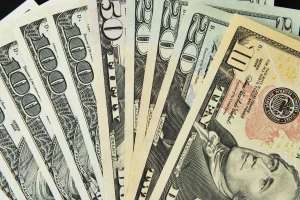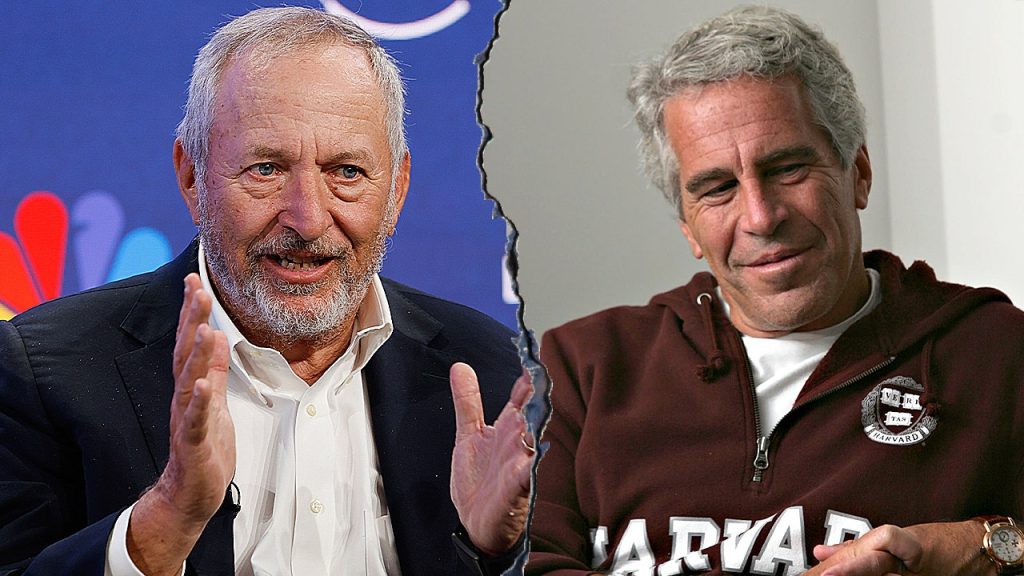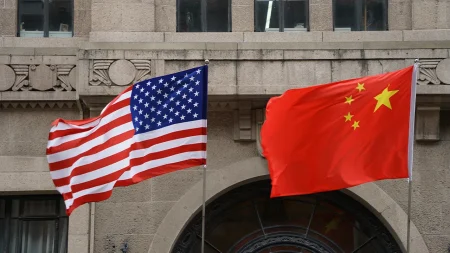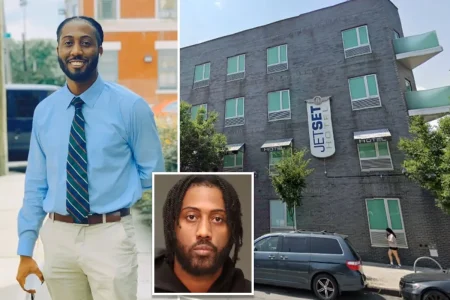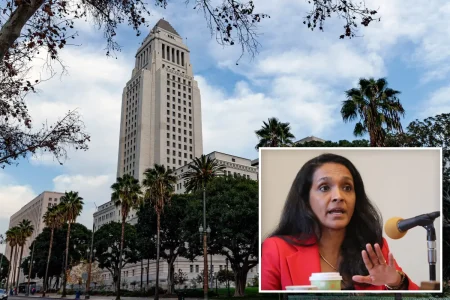Larry Summers Steps Back from Public Life Following Epstein Correspondence Revelations
Larry Summers, former Harvard University president and prominent economic voice in American public life, has announced he will be reducing his public commitments following revelations about his continued correspondence with convicted sex offender Jeffrey Epstein. In a statement to The Harvard Crimson, Summers expressed that this decision is part of his effort “to rebuild trust and repair relationships with the people closest to me.” The announcement follows the United States House Committee on Oversight and Government Reform’s release of seven years’ worth of correspondence between Summers and Epstein, revealing a relationship that continued far longer than previously known.
The documents exposed that Summers and Epstein exchanged messages until July 5, 2019—just one day before Epstein’s arrest on new sex-trafficking charges. This timeline has raised significant questions about Summers’ judgment, as the correspondence continued years after Epstein’s 2008 conviction for soliciting prostitution from a minor. Perhaps most troubling among the hundreds of messages were exchanges showing Summers confiding in Epstein about his pursuit of a romantic relationship with someone he described as a mentee. In one November 2018 message, Epstein referred to himself as Summers’ “wing man” and continued to advise him on the relationship for months afterward.
“I am deeply ashamed of my actions and recognize the pain they have caused,” Summers acknowledged in his statement to the Harvard student newspaper. “I take full responsibility for my misguided decision to continue communicating with Mr. Epstein.” This admission represents a significant fall from grace for a man who has held some of the most prestigious positions in academia and government. Summers served as Harvard’s president from 2001 to 2006, as U.S. Treasury Secretary under President Clinton, and as Director of the National Economic Council under President Obama. Throughout his career, he has been known for his brilliant economic mind, though sometimes controversial leadership style and statements.
Despite stepping back from public commitments, Summers will maintain several of his professional roles. He continues to hold the distinguished title of University Professor at Harvard and will remain director of the Mossavar‑Rahmani Center for Business and Government at the Harvard Kennedy School. Additionally, he serves as a senior fellow at the Center for American Progress think tank, works as a paid columnist for Bloomberg News, and sits on the board of OpenAI. His statement indicated that while reducing public appearances, he plans to “continue to fulfill my teaching obligations” at Harvard, suggesting a more focused approach to his academic responsibilities.
The revelations about Summers’ continued relationship with Epstein add to a growing list of powerful figures whose reputations have been tarnished by associations with the disgraced financier. Epstein, who died by suicide in his jail cell in August 2019 while awaiting trial on sex trafficking charges, had cultivated an extensive network of connections among the elite in politics, business, and academia. The House Committee’s release of these correspondences comes amid broader investigations into how Epstein maintained relationships with prominent individuals even after his initial conviction, raising questions about accountability, judgment, and the potential blind spots that power and privilege can create.
For Summers, this moment represents a significant personal and professional reckoning. His decision to step back from public life suggests an acknowledgment of the seriousness of the situation and the damage to his reputation. While his statement expresses shame and responsibility, the full impact on his legacy remains to be seen. As one of America’s most influential economists and public intellectuals of recent decades, Summers’ career has been defined by his willingness to engage in public debate and policy formation. This retreat marks a notable shift for someone who has rarely shied away from the public spotlight, and signals the profound consequences that can come from maintaining connections with individuals like Epstein, even after their crimes have been exposed.
